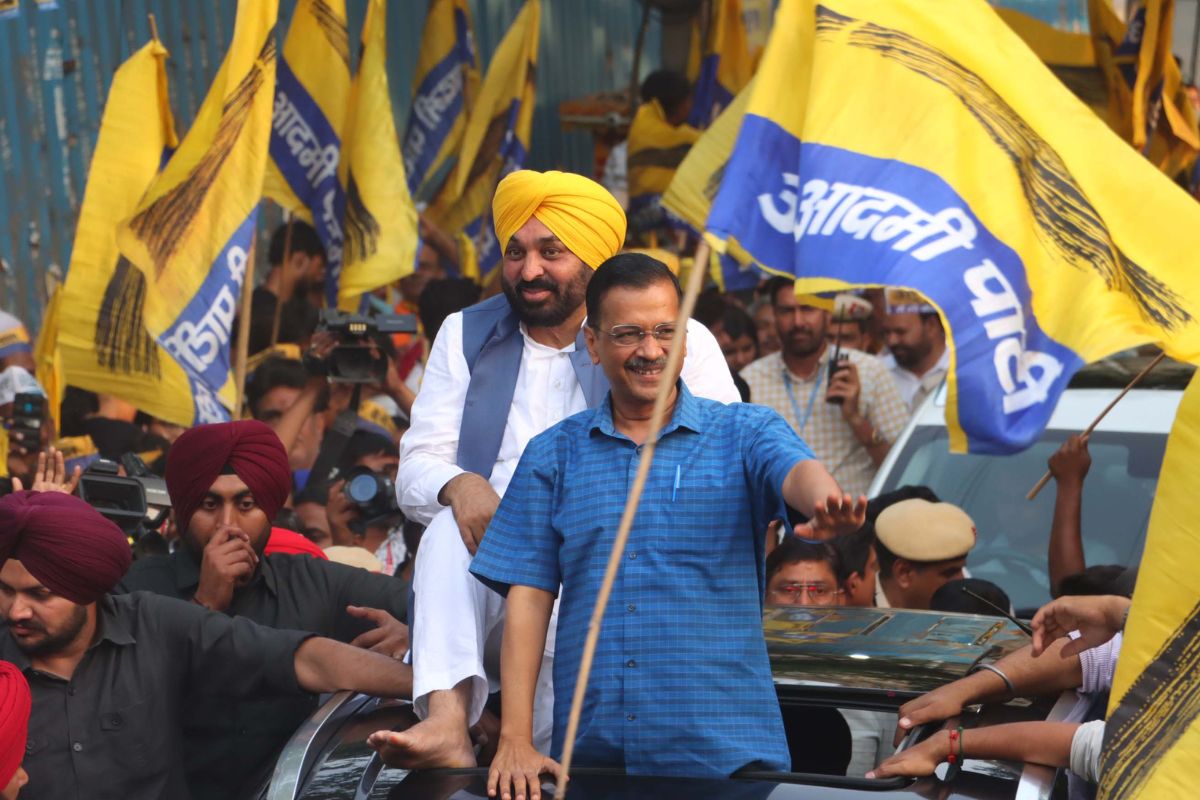The Delhi Police announced on Sunday their decision to prohibit the Aam Aadmi Party (AAP) from conducting its proposed march to the Bharatiya Janata Party (BJP) headquarters, citing lack of permission for the demonstration. The AAP had organized the protest outside the BJP office to denounce the recent arrests of several of its leaders by central agencies.
Notably, Delhi Chief Minister and AAP national convenor Arvind Kejriwal is currently out on bail until June 1 in connection with the excise policy case. Additionally, his personal assistant, Bibhav Kumar, was apprehended on Saturday for his alleged involvement in the May 13 assault on Swati Maliwal, the party’s Rajya Sabha member.
Police officials emphasized that since no permission was sought for the protest, the AAP’s march would not be permitted. Section 144, which restricts gatherings of more than four people in a location, is enforced on the DDU Marg and the ITO area, where both parties maintain their offices.
To manage potential disruptions, heavy police forces were stationed outside the Aam Aadmi Party’s office. The relationship between the AAP, which has governed Delhi since December 2013, and the BJP-led Centre has been characterized by tensions.
In anticipation of the demonstration, the Delhi Traffic Police issued an advisory, warning of heavy traffic congestion on DDU Marg, IP Marg, Minto Road, and Vikas Marg. DDU Marg might be closed for traffic between 11 am to 2 pm, urging commuters to plan alternate routes accordingly.
Meanwhile, the Delhi Metro Rail Corporation (DMRC) announced the closure of entry/exit gates at the ITO station “until further notice,” likely as a precautionary measure to manage crowds and potential disturbances associated with the protest.
As tensions simmer between the AAP and the BJP, the decision to block the planned march underscores the complex political landscape in Delhi and the ongoing friction between the ruling parties at the national and local levels.






